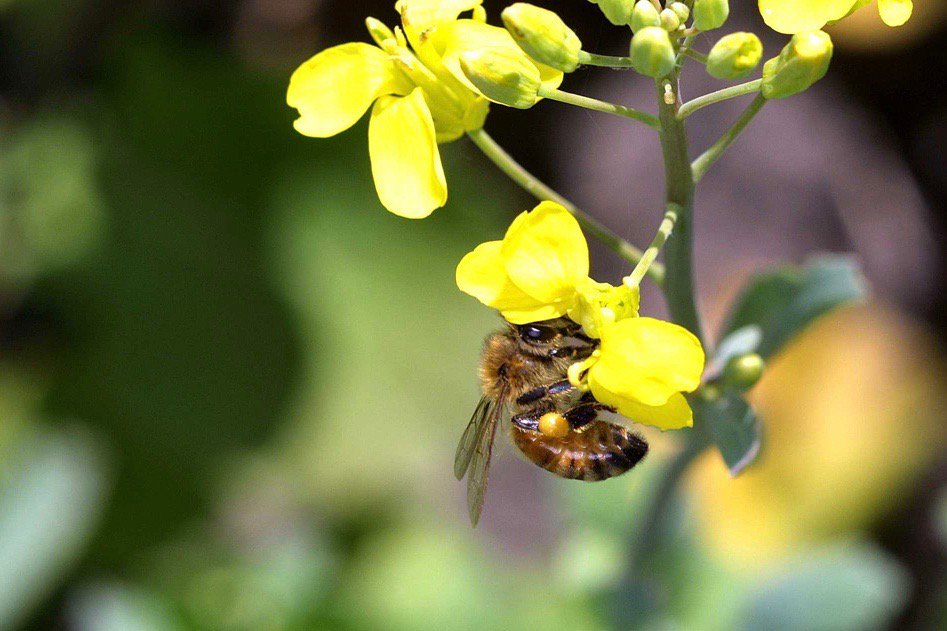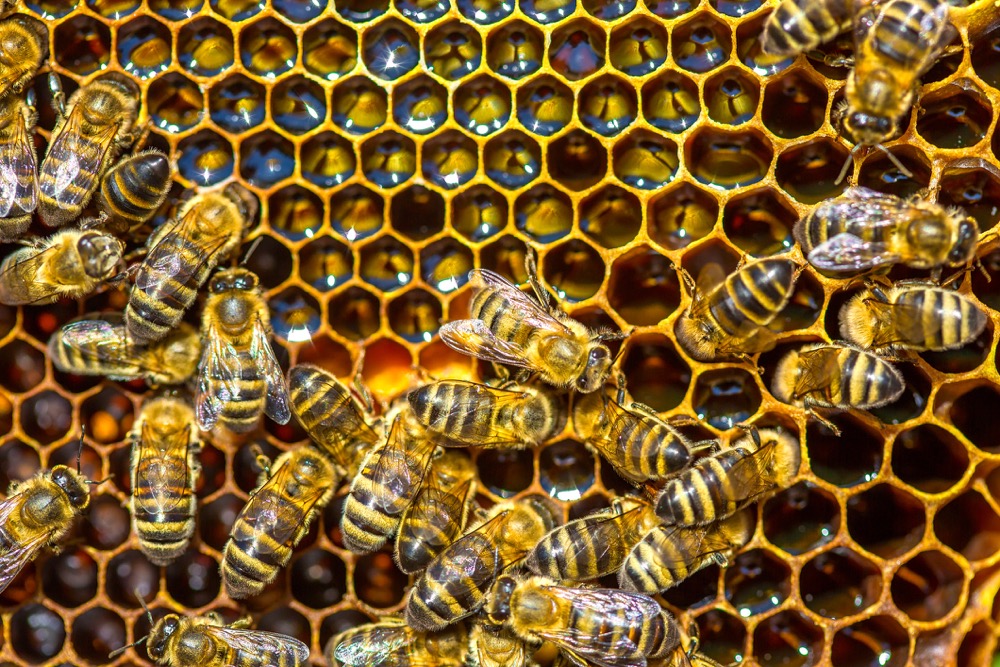Fresh off limiting farmers’ use of neonicotinoid seed treatments, the Ontario government now wants public comment on further moves it might make to improve the health of bees and other pollinators in the province.
Among the “potential actions” up for consideration in the province’s new draft action plan are the use of public lands to expand pollinator habitat, and a new suite of best management practices (BMPs) which would be mandatory for beekeepers enrolled in provincial programs such as production insurance.
Read Also

U.S. livestock: Cattle strength continues
Cattle futures on the Chicago Mercantile Exchange were stronger on Friday, hitting fresh highs to end the week.
The draft plan, released Friday, is up on the provincial Environmental Registry until March 7, and members of the public can also complete an online survey on the proposals before that date, the province said in a release.
In the plan, the province proposed to set up beekeeper BMPs for “targeted efforts to address high-risk pests and diseases” such as varroa and small hive beetle, and to “compile and review a standardized suite of BMP resources.”
It also calls for a review of provincial ag ministry legislation to “assess potential for implementing mandatory training for registered beekeepers, and implementing traceability requirements for moving colonies using an appropriate legal mechanism.”
Beekeepers would have to follow BMPs in order to qualify for funding assistance programs such as production insurance, the province said.
The plan also calls for expanded monitoring and surveillance efforts of managed bees, including pest and pathogen presence, and improved biosecurity protocols to limit pathogen spread from “managed” bees into wild pollinator populations.
Honey bee genetics could also be improved through support for an Ontario Resistant Honey Bee Selections Program, providing access to genetically selected bees resistant to pests and diseases.
The province also proposes to work with Health Canada’s Pest Management Regulatory Agency to approve new treatments for varroa, and with the National Bee Health Roundtable to co-ordinate varroa management efforts nationally.
It would also work with the Ontario Beekeepers’ Association to gather baseline data on prevalence of bee pests and diseases, and to set up a “multi-faceted” Small Hive Beetle Strategy.
Beyond pests and diseases, the province also proposes to look into BMPs that could help honey bees survive harsh winters and extreme weather events, and to run climate change-related “vulnerability assessments” for wild pollinator species.
To expand and improve pollinator habitat, the province proposes to review current policies, guidelines and programs, such as landfill standards and planning for Crown lands. It would also look at options on provincial Transportation Ministry lands to increase pollinator habitat.
The province also calls for “strategic partnerships” with different levels of government, agencies and industry to enhance pollinator habitat across Ontario; to identify and map probable pollinator habitat; to assess the availability of native Ontario seed mixes; and to study the relationship between pollinators and at-risk flowering plants.
To further limit pollinators’ exposure to pesticides, the province also proposes development of an “e-tool to alert pesticide applicators of nearby beehives, for the purpose of reducing bee exposures.”
Financial support is also proposed for crop growers to buy dust deflectors for planting equipment, through the Great Lakes Agricultural Stewardship Initiative, to help prevent neonic drift off treated seed during planting.
The province also proposes to step up monitoring to track changes in farming practices stemming from its new rules on neonic seed treatments, and to “monitor neonicotinoid concentrations in the environment.”
“Much of the food we eat and the vibrancy of Ontario’s natural habitats depend on a healthy pollinator population,” provincial Environment Minister Glen Murray said in a release Friday, urging urban and rural residents, environmental groups and municipalities to provide feedback.
“The decline of bees and other pollinators is a serious problem that requires immediate action to protect Ontario’s ecosystems.”
“While Ontario farmers are working to protect pollinators through integrated pest management, the proposed Pollinator Health Action Plan will create more discussion and encourage greater co-operation to improve pollinator health in our province,” Agriculture Minister Jeff Leal said in the same release. — AGCanada.com Network













